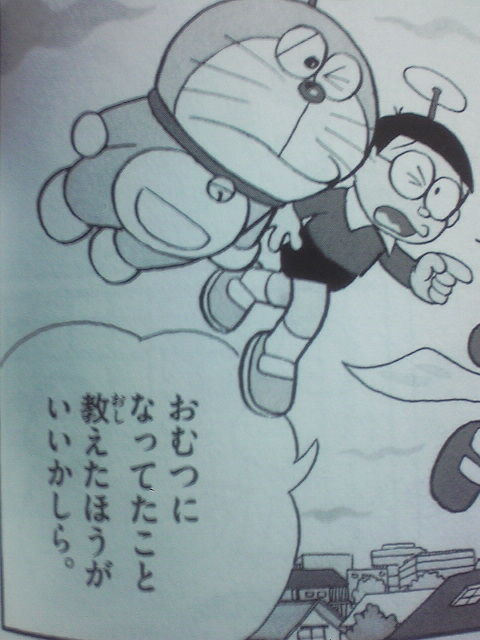かしら is generally considered to be a question particle for use by females; are there any situations or dialects in which it is usable by males? I'm aware that historically, it was used by both male and female speakers; I'm mostly concerned about modern usage.
Edit: I'm quite aware that, normally, it sounds quite odd. I'm more concerned about whether there are exceptional situations or dialects where male かしら usage is common enough not to sound odd.

